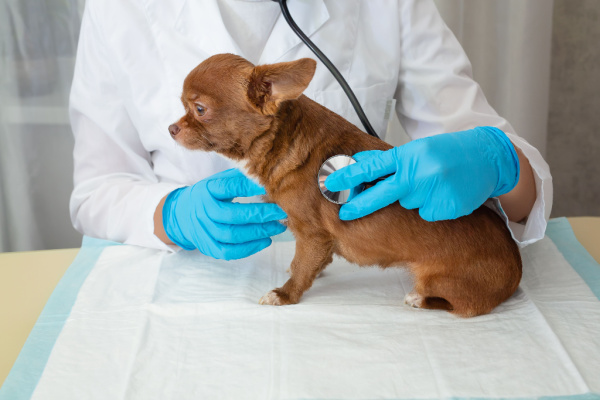Veterinarians are advising dog owners to get their pups vaccinated against the canine influenza as cases have surged in several parts of the U.S. this winter.
Canine influenza, also known as the dog flu, is a contagious respiratory disease in dogs caused by specific Type A influenza viruses known to infect dogs, and is different from the seasonal influenza viruses that spread annually among people, according to the U.S. Centers for Disease Control and Prevention. In the vast majority of cases, it is not considered life-threatening, the CDC said.
As CBS News reports, some regions have seen a rise in cases this winter, including Philadelphia, North Texas and Minneapolis.
Symptoms for dog flu include a cough, runny nose, fever and reduced appetite, according to the CDC. Most dogs usually recover from canine influenza within 2 to 3 weeks, but in more severe cases some dogs can develop secondary bacterial infections that can lead to more severe illnesses or pneumonia, the CDC said.
“We’re really looking for changes of their behavior,” veterinary microbiologist Stephen Cole told CBS News. “Are they acting listless, or lethargic, or not wanting to eat? In addition, keeping a close eye on their respiratory rate: Are they breathing faster? And their respiratory effort: Are they needing to take deeper breaths to catch their breaths?”
Cole said that while dogs can contract other illnesses like COVID-19 from their owners, it is unlikely they can pass dog flu on to humans. “COVID-19 has been reported to pass from people to their pets, for sure,” Cole said. “There’s never been a report of canine influenza moving into people, but the risk isn’t absolutely zero, so it’s important to be prudent,” he added.
In addition, Cole said that pet owners in regions with larger outbreaks of dog flu should keep dogs away from congregate settings, and seek to get them vaccinated, if possible. “With canine influenza there are flu vaccines available,” Cole told CBS News. “Those flu vaccines have been on short supply recently, so it’s really important that you reach out to your veterinarian to see if it’s available to them in the first place.”
‘What’s most important is keeping a close eye on our pets to make sure they’re doing okay and seeking out veterinarian care whenever they need it,” Cole added.
—
Photo Credit: OLESYA BOLTENKOVA / Shutterstock.com
